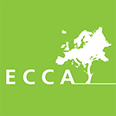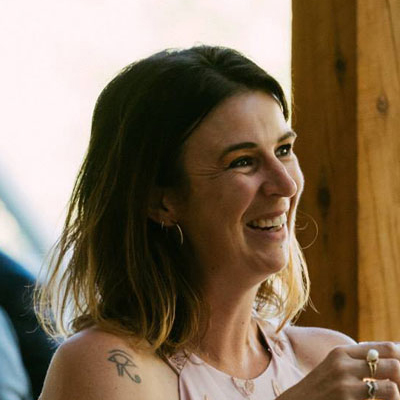How many times have you sat through days on end of being ‘talked at’ during academic and professional conferences? After probably day two or three, there is complete information overload, you still haven’t been able to find the speaker from day one that had that relevant project, and you are left with the distinct feeling that no one else’s projects have experienced any of the tricky people-related communication or engagement issues that you’ve had to manage?
We have all been there, and I knew there had to be a better way to exchange information and generate necessary dialogue between those working in the climate change adaptation field, particularly the emerging discipline of adaptation communication. So when the ECCA 2015 call for abstracts included session proposals, I knew that this was the chance to test the approach I had been mulling over for some time, and with the help of an outstanding international team of communication legends, we found ourselves with the most-oversubscribed session of the conference to discuss communication failures!
The objective of this workshop session was to identify and discuss experiences of where climate change communication did not work. This was achieved through a facilitated and frank discussion between the workshop team and ECCA delegates. The team wanted this diverse and exceptional adaptation crowd to talk less and engage more, and draw out experiences from delegates including government and non-government agency practitioners to consultants and researchers across more than 14 countries (most being European and UK locations).
We began the session with a storytelling approach to share our specific experiences of adaptation communication failures, including:
- the importance of language – me, then at the University of Oxford
- community engagement – Lisa Dilling, University of Colorado Boulder
- academic theory of adaptation communication – Gregor Vulturius, Stockholm Environment Institute
- lessons from online implementation – Anne Marte Bergseng, then at Adaptation Scotland
- communicating risk-based materials – Celeste Young, Victoria University
These short-presentations took up only the first 30 minutes of the 90-minute session. This was a deliberate approach to ensure the session remained about dialogue and learning rather than us ‘imparting wisdom’ at the front of the room. By revealing our own personal experiences of communication failures, we opened up the session as a safe space, and then as a team we dispersed around the tables to have more individual discussions with the ECCA delegates.
I found that many participants initially did not identify with being a ‘communications professional’ however, the workshop process highlighted that in fact all adaptation practitioners are communicators at some level.
So, what did we conclude? The session highlighted that communication in adaptation research is an emerging area of practice, and the creation of spaces to support these open discussions and ongoing learning between diverse stakeholders is an important part of progressing adaptation action. The ECCA session gave us the ability to create the necessary space to talk through some of the failures without simply giving a positive spin on the experience.
This ECCA session format is important in the adaptation space as there are many diverse stakeholders with often competing needs. Those at the centre of adaptation communication need opportunities to critically reflect on their work to learn and then innovate in their approaches to tackling this significant issue.
For those presenting an ECCA session, I recommend having a good team with diverse experience: come to the session with questions that you want answered, and use the knowledge and experience of the attendees as they too have a wealth of experience in the adaptation world.
The more we learn from each other, the more we can progress the adaptation agenda across Europe and beyond.


